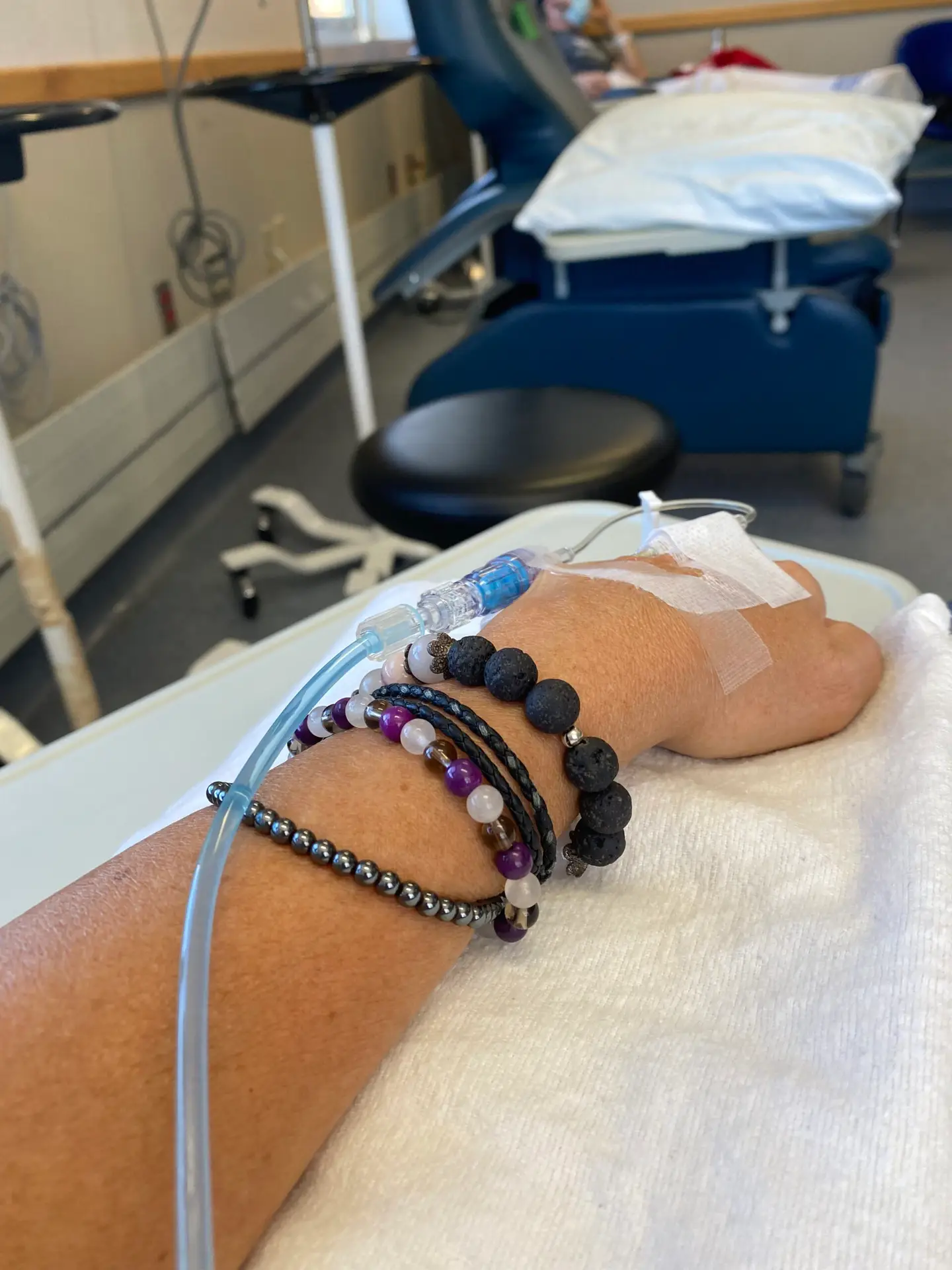Breast health is a universal concern that transcends gender boundaries. For individuals who identify as transgender, the subject of breast health adopts a unique, personalized narrative. It’s imperative to their wellness journey that they adopt regular health checks and nurture an intimate understanding of their bodies.
Like all women, transgender women ought to be “breast aware,” familiarizing themselves with the changing landscape of their bodies. This concept is about understanding one’s body, being aware of any changes and promptly reporting anomalies to healthcare professionals. Ensuring one stays informed and proactive is vital.
The transition is a transformative journey and every individual’s narrative is distinctive. For some transgender women undergoing hormone replacement therapy (HRT), they may experience changes in breast tissue. According to the Canadian Cancer Society, individuals who have taken gender-affirming hormones (like estrogen) for more than five years face an increased risk of developing breast cancer, and should have regular mammograms if they are of an eligible age.
For transgender men, the pathway could also lead to undergoing mastectomy (top surgery) as a part of their transition. And like every woman who chooses to forgo reconstruction after a mastectomy, they too should be acknowledged and respected for their decision to remain flat, void of stigma or judgment. While the risks of breast cancer may be lower for individuals who have undergone gender-affirming surgeries, regular screenings and self-awareness of one’s body is recommended.
I had the great pleasure this summer of getting to know Spencer, a wonderful transmale, who is also a fellow breast cancer survivor. Spender bravely shared his story as part of the I WANT YOU TO KNOW photo essay, a body of work co-produced alongside award-winning photographer Hilary Gauld and Jennie Dale from Dense Breasts Canada. I think I can speak for Hilary and Jennie — we are proud to call him our friend.
It’s important to acknowledge here that every transformation journey can stir a wide range of emotions. The fear of change, the euphoria of transformation, the anxiety over daily realities. Reminders of identity can be challenging, eliciting fears and insecurities – these feelings are natural, and they are shared by many.
Being a survivor, I am passionate about advocating for a blended approach to breast health that is patient-specific, inclusive, and respectful of every individual’s choice and circumstances. This, combined with the lived experience of those who have walked those paths, ought to form the basis of health guidelines and educational materials. While we have a long way to go in supporting transgender individuals, I am encouraged to see more open discussion about the challenges faced by this community concerning breast health. Organizations such as Queering Cancer also offer excellent support and resources for sexual and gender-diverse folks.
The importance of shared wisdom becomes even more apparent in such instances—offering the chance to create a strong community that breaks through the walls of isolation, fear, and confusion. The community where stories of survivors and fighters create an intricate web of support, guiding those battling their way through diagnosis or transition journey.




